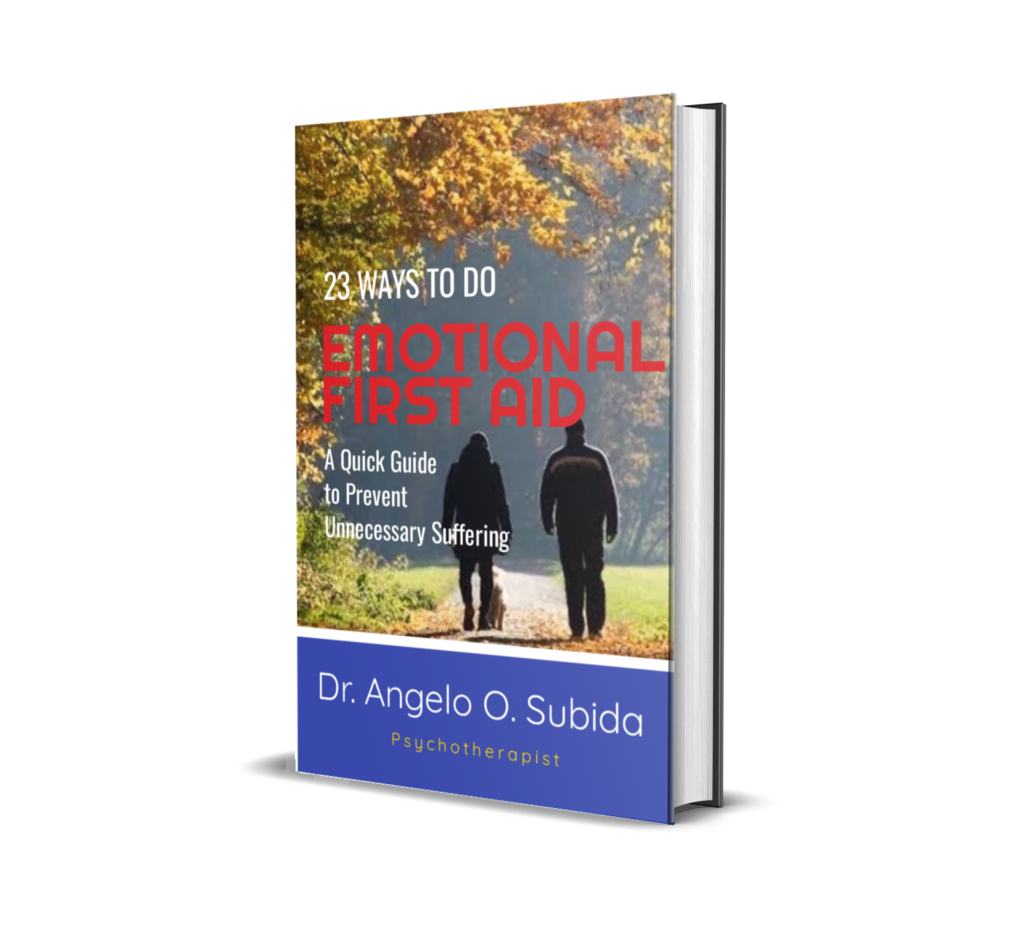You heard it right: choose being unoffendable.
I actually only borrowed the concept from a book I’ve read – Brant Hansen’s book “Unoffendable.”
Yes, be unoffendable. It’s good for you and your life.
Sounds a ridiculous idea?
You may be thinking, “How can you say that when there are situations when it’s righteous to be angry and offended?”
Such as, harm or threats to one’s family, injustices and abuses, corruptions in government, and many more.
Nowadays, during this pandemic, people are losing their Moms, Dads, children, spouses, jobs, properties etc to Covid.
People will struggle with that. With their anger, their trauma, their offense, the losses in their lives.
I’ve my wife and kids now. I can’t even imagine anyone hurting them or myself losing them.
I’m human. I’ll possibly feel too angry or offended when attacked. But ultimately, I need to learn being unoffendable.
Hansen wrote in his book …
“There’s only one way to not be threatened by anything, and that’s if you have nothing to lose …‘I’m not going to let people offend me,’ is very helpful, and it will make life better. But ultimately, if I’m living in fear of losing something—whether it’s security through status, looks, money, family, whatever—I’m going to be fearful, more easily threatened, and therefore prone to anger.”
The author’s first thought strikes me. I know this space is minuscule to clarify or explain everything about it. But it gets us to reflect more deeply about our temporal life in this world.
What really do I have to lose when I own nothing in this world, even my life?
Choose being unoffendable. Loosen the grip. Surrender all to God. Your offense. Your ego or pride. Your family. Your possessions. Your future. Your life.
“Therefore we do not lose heart, but though our outer man is decaying, yet our inner man is being renewed day by day. For momentary, light affliction is producing for us an eternal weight of glory far beyond all comparison, while we look not at the things which are seen, but at the things which are not seen; for the things which are seen are temporal, but the things which are not seen are eternal.” (2 Corinthians 4: 16-18)
MyOnlinePsychotherapyPh.Com



